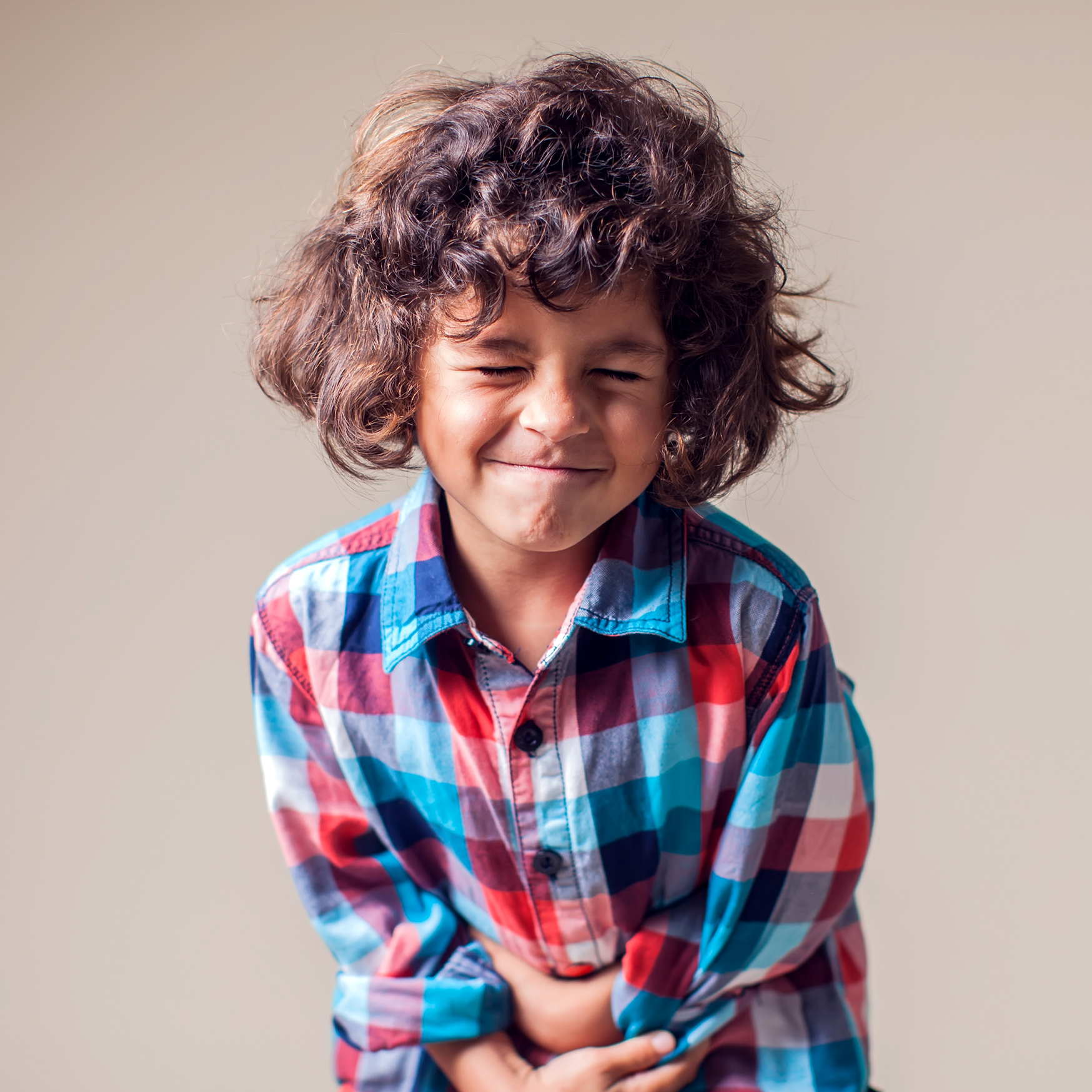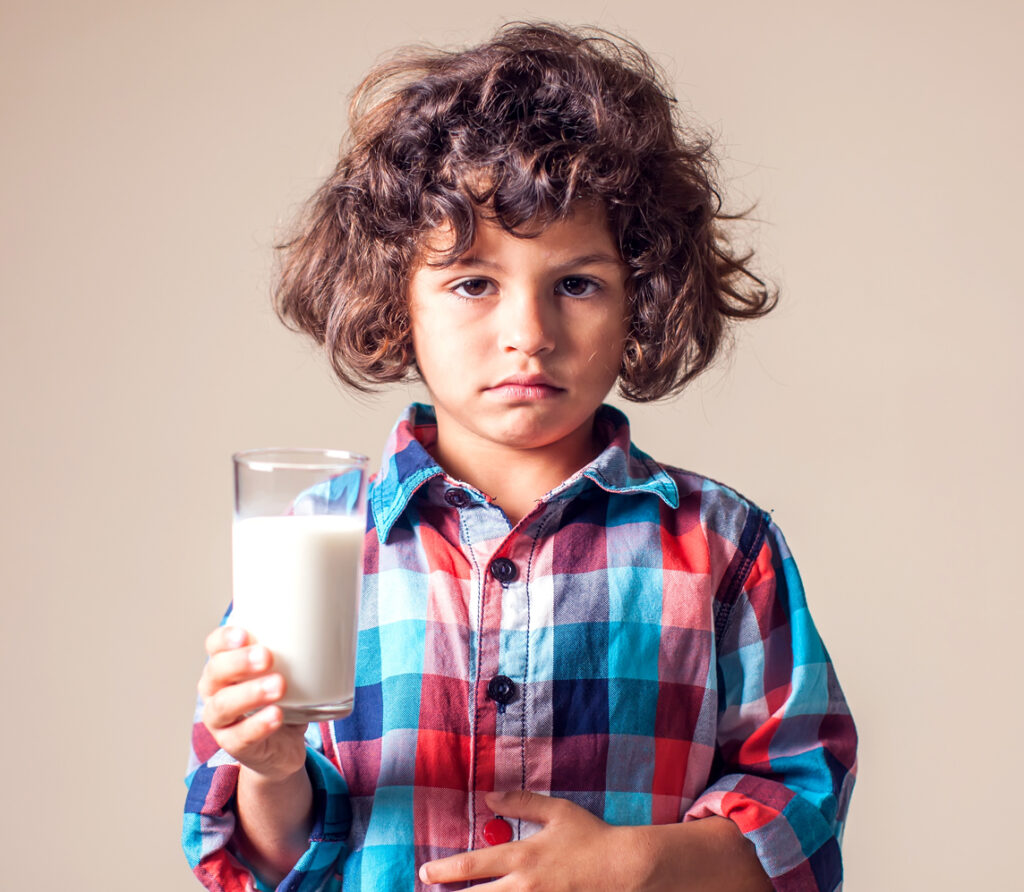
Food Allergies
Skin Testing and Food ChallengeFood allergies are immune system responses that occur after a person has eaten a particular food. They are quite common — according to the CDC, up to 6% of children and 4% of adults have at least one food allergy.
Food intolerances, which often causes digestive discomfort or other symptoms, are different from food allergies and are typically not life threatening. A true food allergy can be dangerous or even life-threatening. Common food allergens are frequently found in all kinds of processed and prepared foods, so having a complete understanding of your food allergy is key to enjoying foods safely.
Food allergies most often occur in babies and young children, but food allergies can develop at any age.
Even if you were diagnosed with food allergies years ago, it may be worth getting retested. Some people will “outgrow,” or develop tolerance, to these allergens, and others have been told to avoid foods they may never have been allergic to in the first place.
What foods commonly cause allergies? What are the symptoms of a food allergy?
While any food could potentially cause an allergy, about 90% of all food allergies are caused by:
- Milk and dairy products
- Eggs
- Wheat
- Soy
- Peanuts
- Tree nuts, such as almonds, cashews, pistachios, or walnuts
- Fish
- Shellfish
- Seeds such as sesame, poppy and sunflower
Some allergies also have subclasses of related allergens, and predicting cross-reactivity can be difficult. This means that a person who is allergic to almonds may or may not be allergic to cashews, or that a person allergic to shrimp may be able to eat oysters without a problem. An evaluation by an allergist can help determine which foods are likely safe and which ones are not.

People with food allergies experience common symptoms after eating a certain food. An allergic reaction is always unpleasant, and it can happen within a few minutes of eating or up to four hours after. Here are some common signs of food allergies:
- Rash or hives, intensely itchy raised areas of skin
- Swelling
- Vomiting or stomach cramps
- Wheezing or difficulty breathing
- Signs of anaphylaxis, a severe and potentially life-threatening reaction usually marked by impaired breathing, dizziness, fainting, swelling throat or tongue, and rapid heart rate
An allergic reaction can be similar every time an allergic person eats the same food. However, some food allergens are unpredictable, and the reaction can be worse than previous reactions. If you believe you may have a food allergy, contact Hudson Allergy to get tested.
How will an allergist test for food allergies?
Most food allergies can be diagnosed with a skin test, sometimes called a prick test or scratch test. During a skin test, a nurse will use a small lancet tip to apply a tiny amount of the suspected allergens to your skin. The test is relatively painless, but may be a bit itchy. After about 15 minutes, your allergist will read the results of your test.
If a skin test is not possible or recommended, a blood test may be done instead. With these tests, a technician will draw a blood sample that will then be tested for antibodies to the suspected allergens. Results are usually available in 5-7 days.
If your skin or blood test is not suggestive of a true allergy, your allergist may recommend a food challenge to rule the allergy out completely. During a food challenge, you will spend several hours at our comfortable Hudson Allergy office.
Our nurses will give you a small amount of the suspected food allergen and will then increase the serving gradually over the course of the visit, while observing for any signs of a reaction. Once you pass a food challenge, you are deemed not allergic and can eat that food at home freely, without risk of an allergic reaction.
Before you schedule a food allergy test, be sure to ask your allergist about medications to avoid — antihistamines and other drugs can interfere with test results.
Make an appointment at Hudson Allergy today to learn more about food allergies and how you can be tested.










